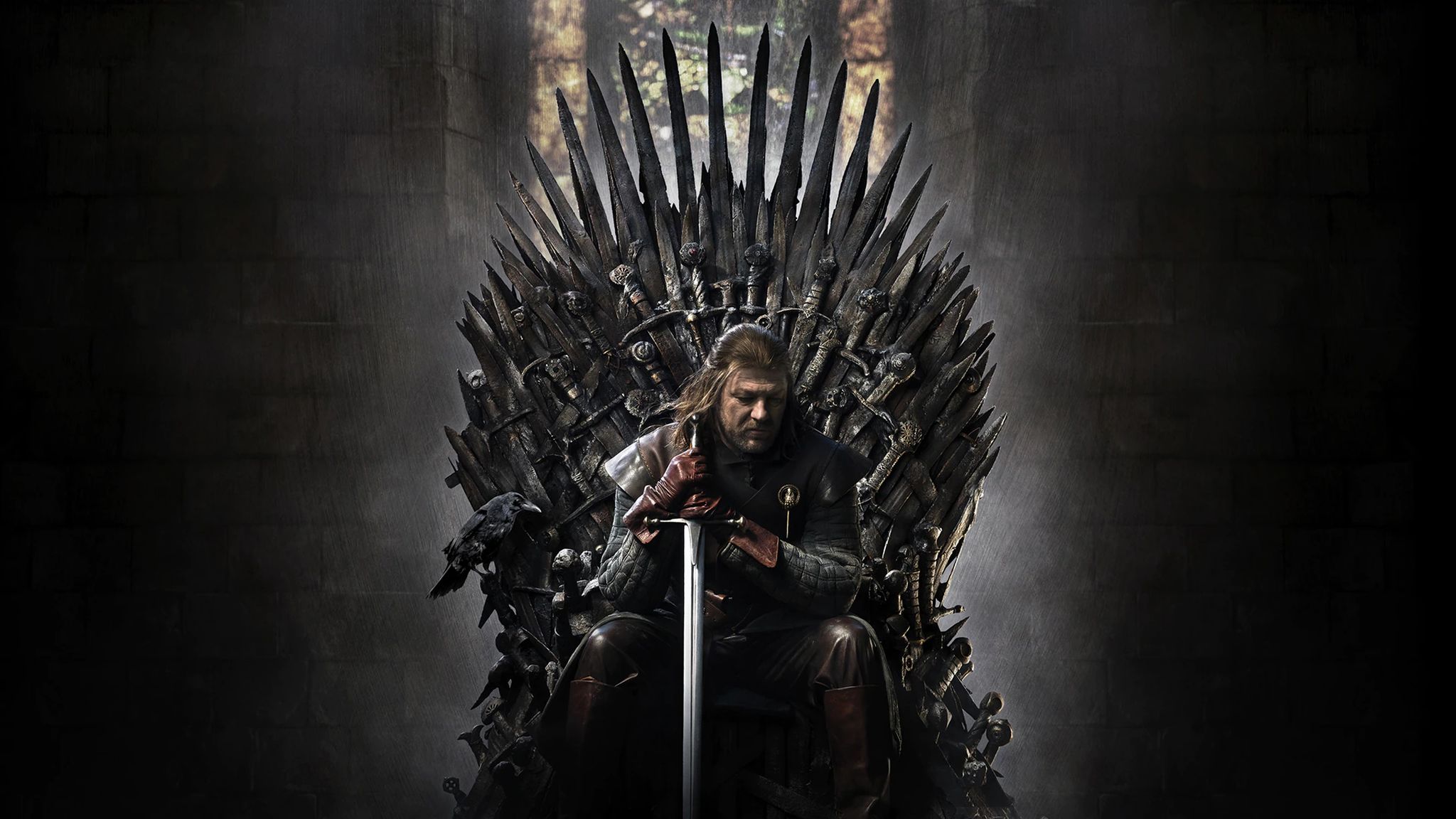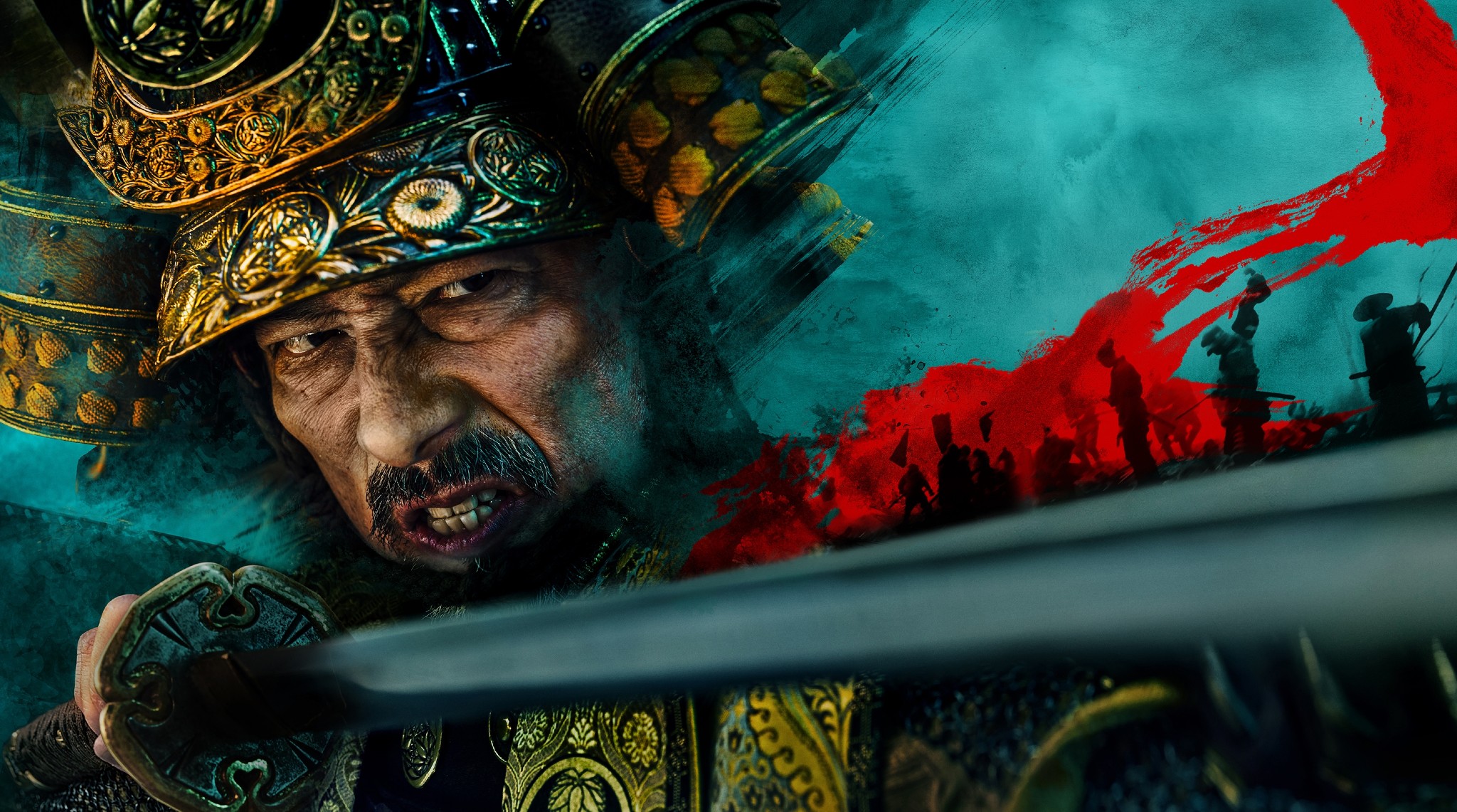
For several years, HBO’s “Game of Thrones” dominated cultural discussions, presenting itself as high-quality television wrapped in the guise of fantasy genre. In its early seasons, it relied heavily on intricate political machinations that gave the impression of a historically grounded drama. The world of Westeros was characterized by moral ambiguity and constant danger, making the power plays among houses such as Starks and Lannisters just as deadly as any battlefield. “Game of Thrones” created an exceptional sense of rewarding complexity, urging viewers to closely follow the evolving alliances and concealed intentions that could suddenly lead to the sudden demise of a major character. This dedication to unsparing realism within a fantasy setting made Westeros seem vast and significant.
As a devoted fan, I found myself grappling with the changing dynamics of “Game of Thrones” as it surpassed its original source material. The intricate web of tension started to transform into something faster, prioritizing grand spectacles over the meticulous character development that once made every move count. This shift left a gap for me and many others who yearned for the raw excitement of the early seasons, where no character was invincible, and each decision carried significant weight. Thankfully, there are other series out there that have mastered the art of high-stakes, character-driven drama, keeping the spirit alive for fans like us.
1) Shōgun

In 1600 Japan, teetering on the brink of civil war, FX’s series Shōgun immerses viewers into its complex political climate. Lord Yoshii Toranaga (Hiroyuki Sanada) finds himself in a perilous position as his adversaries on the Council of Regents plot to oust him. However, the arrival of an English pilot named John Blackthorne (Cosmo Jarvis), who was shipwrecked and carries vital secrets, unexpectedly shifts Toranaga’s precarious situation. The connection between their disparate worlds is Toda Mariko (Anna Sawai), a noblewoman who converted to Christianity. As an interpreter, she must navigate the treacherous waters of her faith, her past, and her lord’s political survival.
The captivating aspect of “Shōgun” lies in its rich portrayal of a society ruled by strict honor codes, where the game of politics can be deadly, and even a minor slip-up or breach of etiquette could undo the most carefully crafted schemes. Instead of relying on physical confrontations, the main conflict in “Shōgun” takes place through intricate dialogue and strategic moves, requiring viewers to pay close attention to catch the nuances and shifting loyalties. In essence, “Shōgun” generates tension by creating a world where every interaction carries significant implications, making each scene potentially consequential.
2) Vikings

The History Channel’s show titled “Vikings” commences with Ragnar Lothbrok (portrayed by Travis Fimmel), a farmer in the 9th century Scandinavia, who yearns for more than his familiar surroundings. Dissatisfied with living under the rule of his local earl’s conservative ways, Ragnar devises a covert expedition to explore the unknown west, seeking novel cultures and wealth. This bold move instigates a series of events that propel him from an ordinary farmer to a legendary king; however, his ascension to power comes with a heavy personal toll. Consequently, his ambition sparks profound and enduring conflicts that permeate throughout his family and troops, culminating in a multi-generational tale of deceit and internal strife.
The narrative of Vikings expands from an individual’s tale to encompass a vast saga, delving into the harsh realities of the Viking Age, featuring intense battles on shield walls and the intricate politics of emerging kingdoms. At its core, it explores themes of legacy, belief, and the corrupting effects of power, with a captivating lead character who exhibits both charm and significant flaws – much like the most gripping episodes of Game of Thrones. The storyline predominantly revolves around the ascension and downfall of dynasties, as well as the violent confrontations that ensue when personal ambition clashes with tradition. This results in a captivating portrayal of historical strife that unfolds over extended periods and spans various continents, demonstrating how the actions of a few can significantly impact history’s trajectory.
3) Black Sails

In simpler terms, “Black Sails” is a TV series on Starz that presents an action-packed drama set in the era of piracy’s golden age, prequel to Robert Louis Stevenson’s “Treasure Island.” The story centers around Captain Flint, portrayed by Toby Stephens, who embarks on a quest to find the legendary Spanish treasure ship, the Urca de Lima. To accomplish this, he forms strategic yet uneasy partnerships with other pirate captains, such as the formidable Charles Vane (Zach McGowan). Meanwhile, a young and ambitious John Silver (Luke Arnold) rises through the ranks. As the British and Spanish empires seek to eliminate the lawless pirate haven of Nassau, its people are forced into a challenging struggle for survival.
In Black Sails, the initial quest for gold transforms into a complex tale that encompasses themes of rebellion, philosophical debates, and the gritty realities of state-building. The portrayal of pirate politics within the series is as cunning and merciless as any high-stakes courtly intrigue, filled with secretive negotiations and shocking acts of betrayal. Furthermore, Black Sails presents a realistic setting where survival hinges on navigating treacherous and frequently violent relationships. It masterfully portrays a world at the brink of transformation, where people of desperation and intelligence resort to extreme measures to create their own identity against the oppressive might of empires.
4) Rome

HBO’s two-season drama narrates the turbulent and disorderly last phase of the Roman Republic, leading to its transformation into an Empire. The narrative unfolds from dual viewpoints, delving into both the real characters who shaped these events, such as Julius Caesar (Ciarán Hinds) and Mark Antony (James Purefoy), and two fictional Roman soldiers, Lucius Vorenus (Kevin McKidd) and Titus Pullo (Ray Stevenson). Throughout the series, their lives interweave intricately with the monumental power struggles that characterized a pivotal epoch in Western civilization’s history.
The series “Rome” provides a stark and unyielding portrayal of a society marked by political deceit, internal conflict, and extreme violence. It steers clear of romanticizing this era and instead delves into the individual desires, minor grudges, and intricate relationships that ignited one of history’s most significant turmoils. Similar to the early seasons of “Game of Thrones,” the show skillfully combines the grandeur of its historical occurrences with personal drama, demonstrating how the fate of an empire can hinge on the imperfect choices of individuals.
5) The Last Kingdom

In “The Last Kingdom,” a television series inspired by Bernard Cornwell’s novel series, “The Saxon Stories,” we delve into the creation of England during the 9th and 10th centuries in a realistic manner. The show centers around Uhtred of Bebbanburg (portrayed by Alexander Dreymon), who was born a Saxon aristocrat but raised by Danish invaders following the death of his family in battle. This upbringing leads to a lifelong identity conflict, as he finds himself torn between the world he was born into and the one that molded him. Uhtred’s loyalty is split, which often sees him serving King Alfred the Great (David Dawson), a leader with a grand vision of an England free from Viking domination.
Uhtred’s persistent mission to regain his family’s ancestral lands often finds him immersed in the chaotic process of establishing new nations. This tumultuous journey requires him to maneuver through questionable allegiances and uncertain loyalties among rival kings who are just as likely to deceive him as they are to honor their promises. The series, “The Last Kingdom,” is notable for its authentic portrayal of combat, but it also delves deeply into the intricate political dynamics of early medieval Britain. It masterfully conveys a sense of a world undergoing brutal transformation, where battles rage and leaders conspire for territory and power. The narrative unfolds primarily through compelling character conflicts that span across a broad storyline.
What television series do you believe captures the enchantment of the early seasons of “Game of Thrones”? Please share your recommendations in the comments below.
https://comicbook.com/tv-shows/news/game-of-thrones-brutal-episodes-jon-snow-ned-stark/embed/#
Read More
- Survivor’s Colby Donaldson Admits He Almost Backed Out of Season 50
- Best Controller Settings for ARC Raiders
- Where Winds Meet: How To Defeat Shadow Puppeteer (Boss Guide)
- Gold Rate Forecast
- The Sci-Fi Thriller That Stephen King Called ‘Painful To Watch’ Just Joined Paramount+
- How to Build a Waterfall in Enshrouded
- How to Build Water Elevators and Fountains in Enshrouded
- The Legend of Zelda Film Adaptation Gets First Photos Showcasing Link and Zelda in Costume
- Meet the cast of Mighty Nein: Every Critical Role character explained
- Mishal Husain talks her new chapter, pressing Nigel Farage on Russia and the recent BBC troubles
2025-08-11 20:08